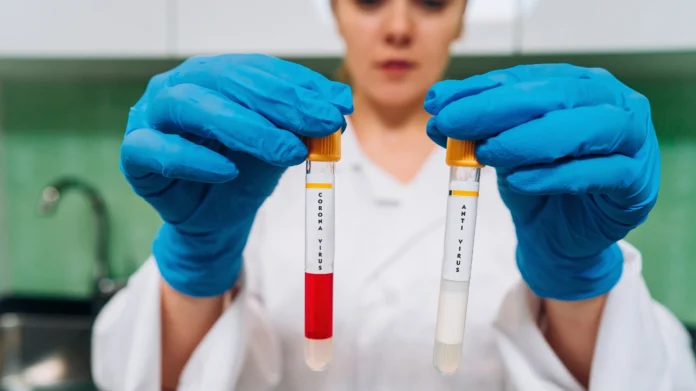Chinese researchers have made a significant stride in environmental technology with the creation of a pioneering aerogel using DNA and gelatin.
This cutting-edge biomaterial is designed to provide sustainable cooling solutions for homes.
The aerogel demonstrates remarkable efficacy, capable of reducing temperatures by up to 16 degrees Celsius on sunny days by reflecting over 100% of solar radiation.

Published in the journal Science, the study underscores the aerogel’s efficiency and its unique attributes such as repairability, recyclability, and biodegradability, achieved through water welding techniques.
Lead researcher Zhao Haibo, affiliated with Sichuan University, envisions widespread application of these aerogels as outer layers for urban buildings.
This application could significantly decrease energy consumption and carbon emissions associated with cooling systems.

According to simulations, widespread adoption of these biomaterials could lead to substantial savings in cooling expenses across various cities, making them a promising solution for sustainable architecture in the future.
This development represents a pivotal advancement towards achieving global carbon reduction goals and promoting environmental sustainability through advanced radiative cooling technologies.




